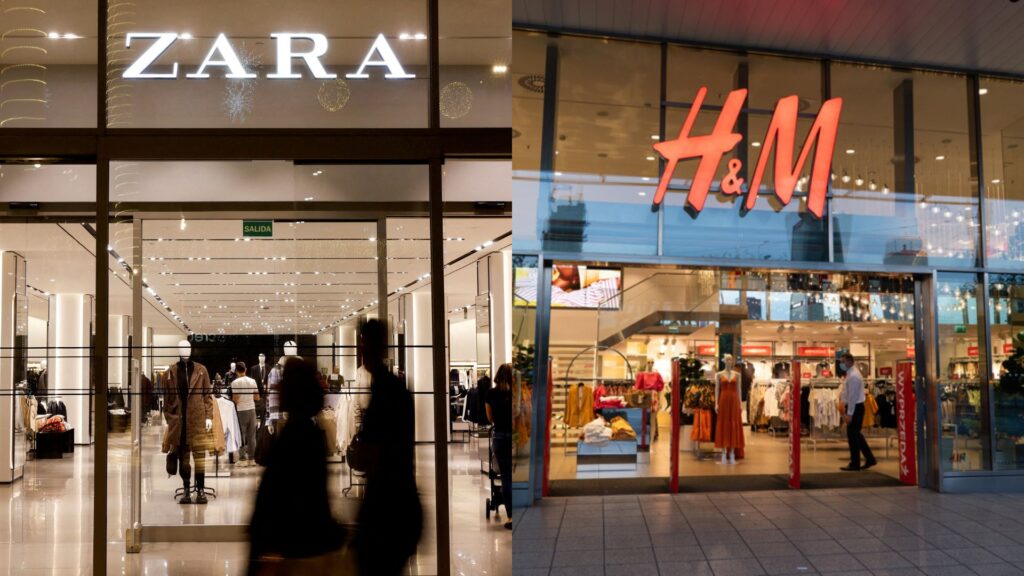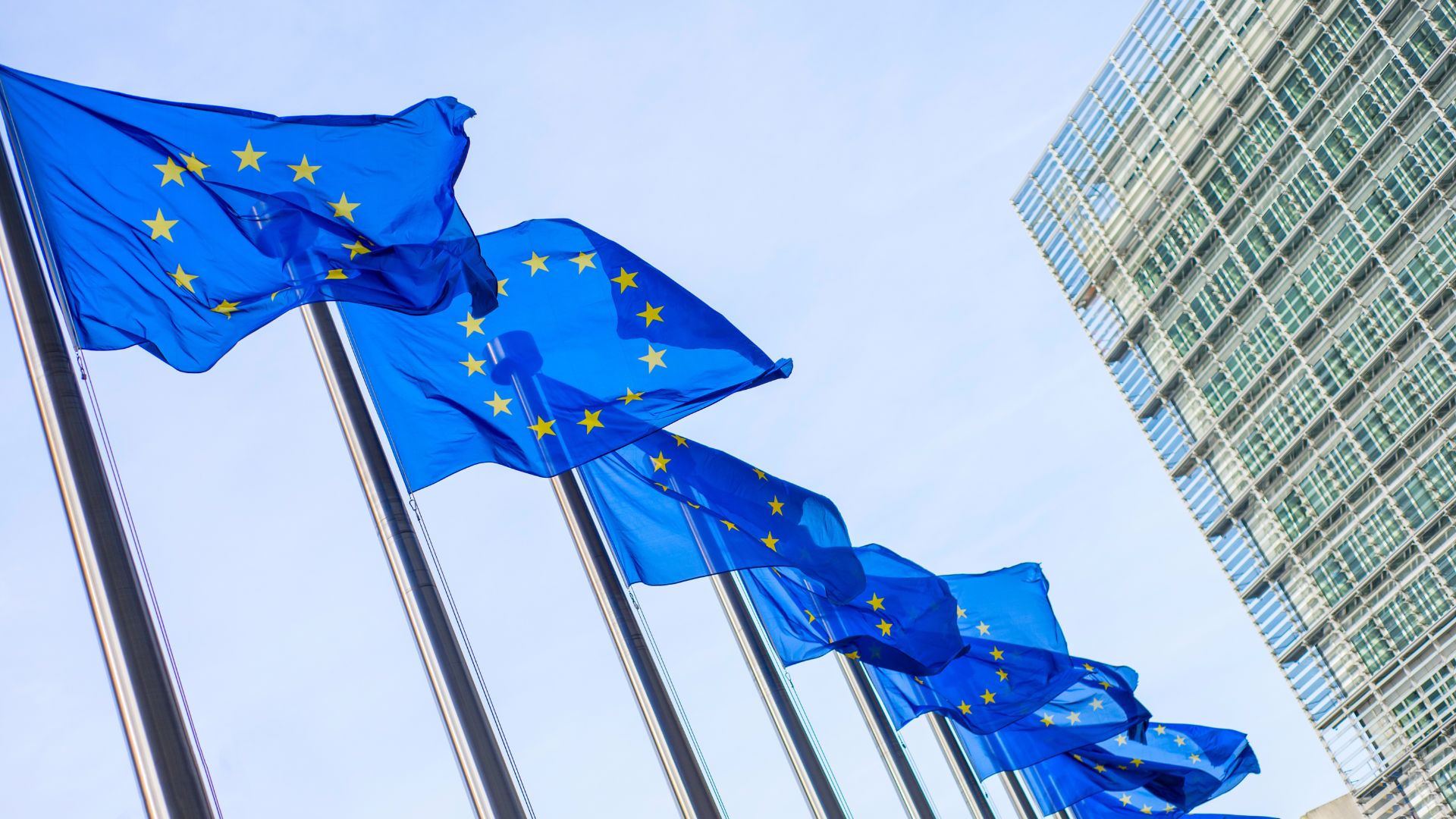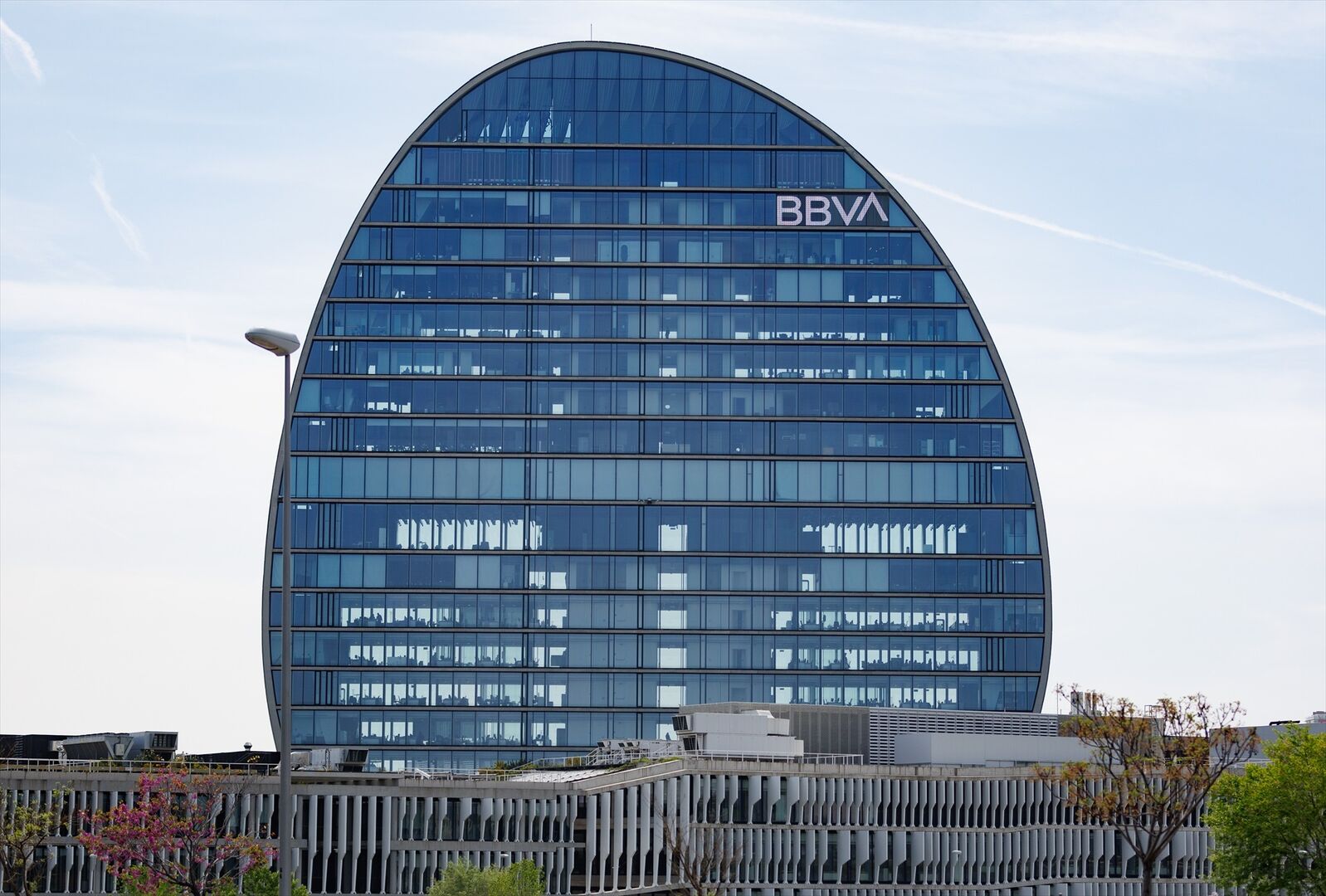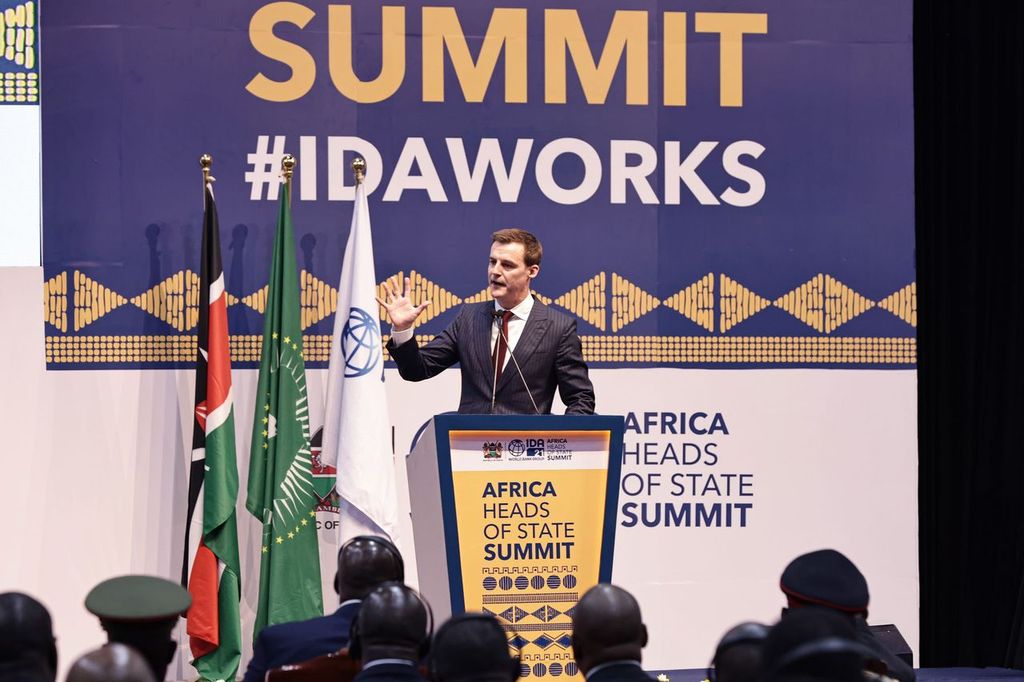European Retail Giants Zara & H&M Linked to Dirty Brazilian Cotton

|
Listen to this story:
|
Inditex, the owner of fashion giant Zara, is embroiled in a controversy surrounding its cotton sourcing practices. The company is demanding greater transparency from Better Cotton, a certifier of sustainable cotton practices, following allegations that Brazilian cotton producers certified by Better Cotton engaged in serious environmental and social violations.
In a letter to Better Cotton CEO Alan McClay, Inditex criticized the lack of clarity surrounding the certification process and traceability practices. The fashion retailer pointed to a scathing investigation by NGO Earthsight that linked Better Cotton certified producers to land grabbing, illegal deforestation, and violence against local communities. Inditex claims to have waited over six months for the results of an internal investigation launched by Better Cotton in August 2023, which were promised by the end of March 2024. “The allegations represent a serious breach in the trust placed in Better Cotton’s certification process by both our group and our product suppliers,” Inditex stated in the letter.
Better Cotton, headquartered in Geneva, is one of the leading certifiers of sustainable cotton. The organization says it aims to improve practices related to water and soil management and promote better working conditions. However, Inditex relies on Better Cotton to ensure responsible sourcing within its supply chain, and the recent allegations raise concerns about the certifier’s effectiveness.
Earthsight’s investigation exposed a troubling network. The NGO traced nearly a million tonnes of cotton linked to deforestation, land theft, and violence in Brazil to clothing manufacturers supplying Zara and its fast-fashion competitor H&M. The report alleged that Better Cotton certified all the tainted cotton. Inditex is not the only fashion retailer implicated. H&M acknowledged its failings in response to the report, highlighting the industry-wide challenge of ensuring ethical sourcing.
Better Cotton has yet to release the findings of its internal audit, but stated it would provide more information in the coming weeks. The organization is also revising its Brazilian standards to align with its own. However, Earthsight argues that these updates are riddled with loopholes and do not adequately address the core issues.
The Earthsight report sheds light on the dark side of cotton production in Brazil, a major cotton exporter. The NGO’s investigation revealed the environmental devastation caused by large-scale cotton farming, including the destruction of the ecologically vital Cerrado region. The report also highlighted the human cost of this production, detailing the violence and displacement faced by local communities.
Earthsight’s report is a wake-up call for the fashion industry. The NGO is calling for stricter regulations to ensure responsible sourcing within the industry, urging lawmakers to prioritize legislation over consumer choice alone. The report argues that current efforts, while well-intentioned, are insufficient. The EU’s upcoming Corporate Sustainability Due Diligence Directive (CSDDD) and the new EU Deforestation Regulation, for example, only cover certain aspects of the supply chain and do not address cotton specifically.
Related Article: Zara Owner Inditex, partners with Maersk to Reduce its Maritime Transport Emissions
Inditex’s reliance on Better Cotton certification and the subsequent allegations underscore the need for more robust and transparent certification schemes. The fashion industry faces growing pressure to clean up its act, and ensuring ethical sourcing of cotton is a crucial step in that direction.






